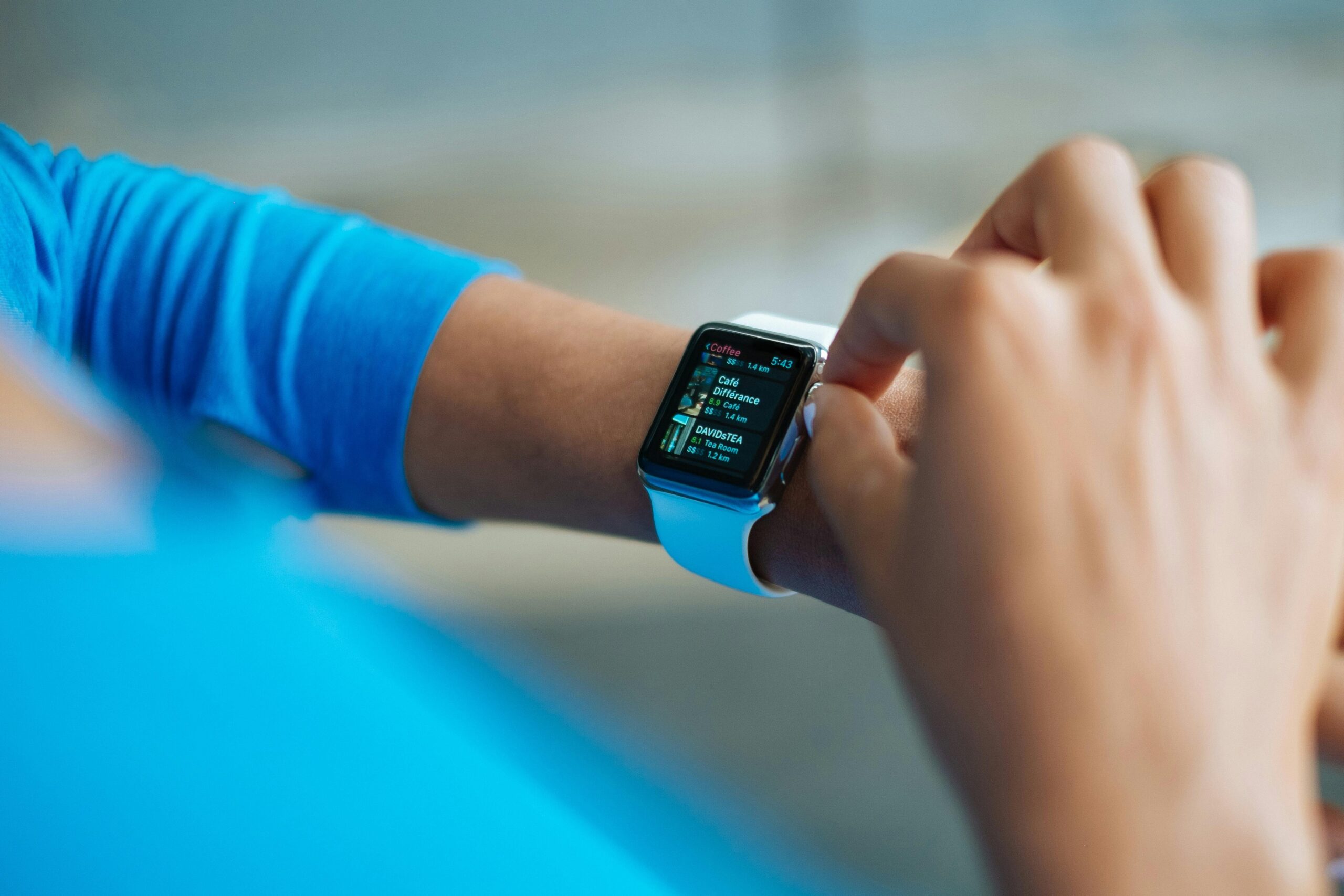In today’s fast-paced world, technology has infiltrated almost every aspect of our lives, including fitness. One of the most significant innovations in recent years is the rise of wearable tech, specifically fitness trackers. These sleek devices have revolutionized the way we approach workouts and overall health.
What Are Fitness Trackers?
Fitness trackers are wearable devices designed to monitor and track various aspects of physical activity and health metrics. From counting steps and calories burned to tracking sleep patterns and heart rate, these gadgets provide valuable insights into our daily routines.

Benefits of Fitness Trackers
- Motivation: Fitness trackers serve as constant motivators, encouraging users to stay active and reach their fitness goals.
- Accountability: With real-time data tracking, users can hold themselves accountable for their progress and make necessary adjustments to their routines.
- Health Monitoring: Beyond fitness, these devices offer insights into overall health, such as sleep quality and heart health, empowering users to make informed lifestyle choices.
Popular Fitness Tracker Brands
- Fitbit
- Garmin
- Apple Watch
- Samsung Galaxy Fit
Features to Look for
- GPS tracking
- Heart rate monitoring
- Waterproof design
- Long battery life
How Fitness Trackers Work
Fitness trackers utilize sensors like accelerometers and gyroscope to detect movement and track activity levels. They sync with companion apps on smartphones, providing users with detailed activity reports and personalized recommendations.
Impact on Workouts
By providing real-time feedback on performance and progress, fitness trackers optimize workouts for maximum efficiency. Users can set goals, track their achievements, and even compete with friends, turning exercise into an engaging and rewarding experience.
Challenges and Limitations
Despite their numerous benefits, fitness trackers are not without their limitations. Accuracy issues, limited battery life, and data privacy concerns are some of the challenges users may encounter when using these devices.
Future of Fitness Trackers
As technology continues to evolve, so will fitness trackers. Expect to see more advanced features like AI-driven coaching, improved sensors, and seamless integration with other smart devices, making fitness tracking even more accessible and effective.
Conclusion In conclusion, fitness trackers have transformed the way we approach fitness and wellness. With their ability to monitor and track various health metrics, these wearable devices empower users to take control of their health and lead more active lifestyles.
FAQs:
Are fitness trackers waterproof?
Most fitness trackers are water-resistant, but it’s essential to check the manufacturer’s specifications for specific details.
Can fitness trackers accurately measure calories burned?
While fitness trackers provide estimates, their accuracy may vary depending on factors like device placement and user demographics.
Do fitness trackers track sleep patterns?
Yes, many fitness trackers include sleep tracking features to monitor sleep duration and quality.
How long does the battery of a fitness tracker last?
Battery life varies depending on the device and usage but typically ranges from a few days to a week on a single charge.
Can fitness trackers be used for swimming?
Some fitness trackers are designed with waterproof capabilities, allowing them to be used for swimming and other water-based activities.
